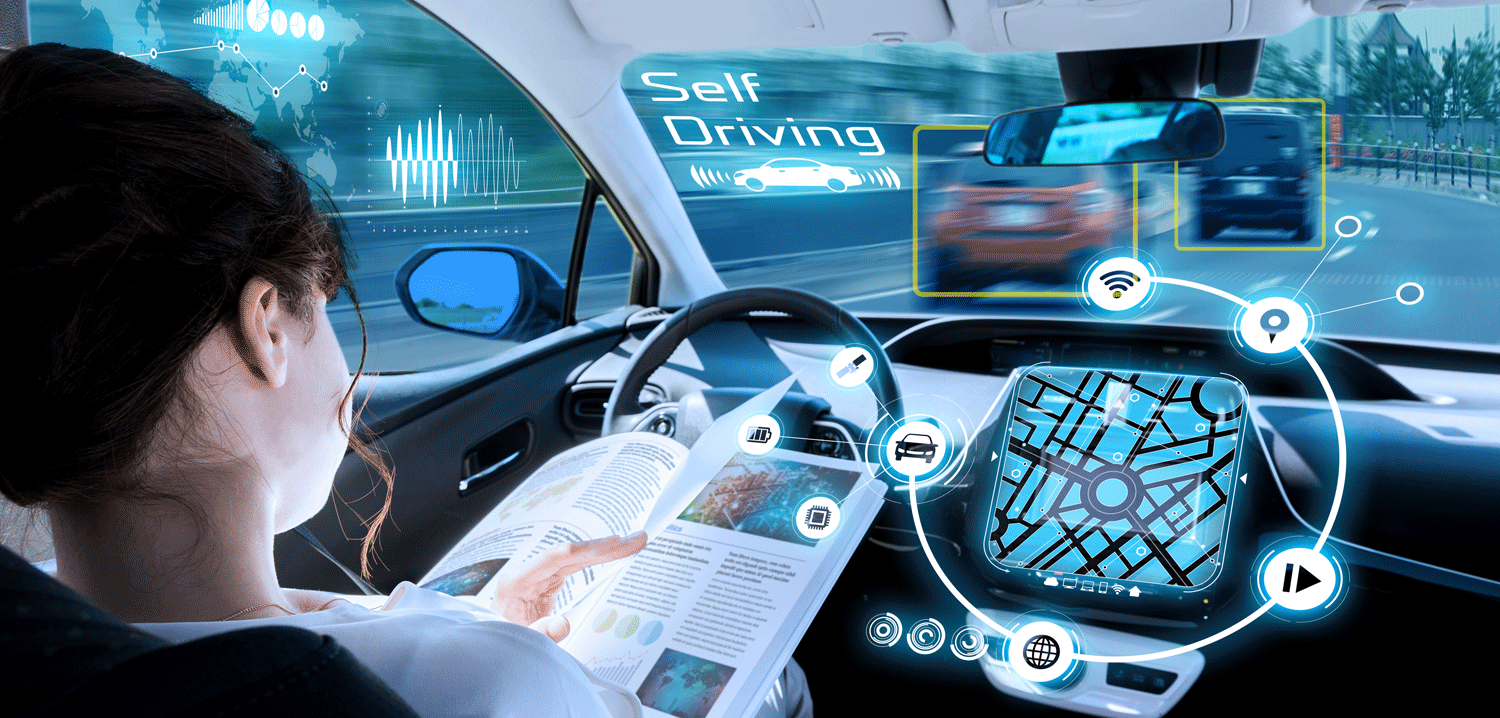As a result of royal assent, the Automated Vehicles (AV) Act which is the last formality before legislation is formally adopted, UK has officially established its purportedly “world-leading” regulations for autonomous vehicles
The government estimates that entirely autonomous vehicles will be introduced on British roads within two years.
Transport Secretary Mark Harper said in a statement, “While this does not take away people’s freedom to choose to drive themselves, our landmark legislation means self-driving vehicles can be rolled out on British roads as early as 2026, which is a real boost to both safety and our economy.”

A few weeks before today’s announcement, Wayve, a company based in the United Kingdom, secured funding exceeding $1 billion from prominent investors such as SoftBank, Nvidia, and Microsoft to advance the development of an autonomous vehicle self-learning software system.
Driverless cars have been permitted on public roads in the United Kingdom for several years, similar to other nations. However, stringent regulations govern the access of corporations seeking permission to test new technologies. However, as the autonomous vehicle sector has progressed and prepared for its peak, it has become apparent that a fresh legal structure is required.
The Law Commissions of England, Wales, and Scotland jointly published a report in 2022 that officially introduced the AV Act to the United Kingdom, despite preliminary preparations having been ongoing for several years. The report acknowledged that the advent of autonomous vehicles necessitates an entirely “new vocabulary, new legal actors, and new regulatory schemes.” It stated:

“The introduction of automated vehicles will have profound legal consequences… it requires new regulatory schemes and new actors (with new responsibilities and liabilities). We therefore recommend primary legislation — a new Automated Vehicles Act — to regulate automated vehicle on roads or other public places in Great Britain.”
Liability in Self-Driving Car Catastrophes
The United Kingdom has funded numerous AV projects and safety-related research programs to position itself at the forefront of the autonomous vehicle revolution. While the government has emphasized the potential safety benefits of autonomous vehicles by removing human error from the road, reports from the United States, where autonomous vehicles have established a more stable presence, show that it also acknowledges that accidents will continue to happen. California has become a center for proposed autonomous vehicle regulations.
For this reason, one of the central tenets of the new regulation in the United Kingdom is Liability: who is liable in the event of an accident? The point in question was elucidated by the United Kingdom in 2022 through the publication of a road map wherein it was declared that its forthcoming legislation would hold corporations liable for any accidents; thus, “a human driver would not be held liable for driving-related incidents while the vehicle is under control of driving.”
“Authorized Self-Driving Entity” designations are assigned to each approved self-driving vehicle. While the manufacturer is the most likely candidate, this designation could also be that of an insurance company or software developer. Furthermore, when autonomous driving mode is engaged, this entity will be held accountable for the vehicle.
The government will set up a vehicle approval system with a “completely independent incident investigation function” to support it. Organizations granted authorization to operate under the revised regulations will be required to fulfill “ongoing obligations” to ensure the safety of their vehicles.



